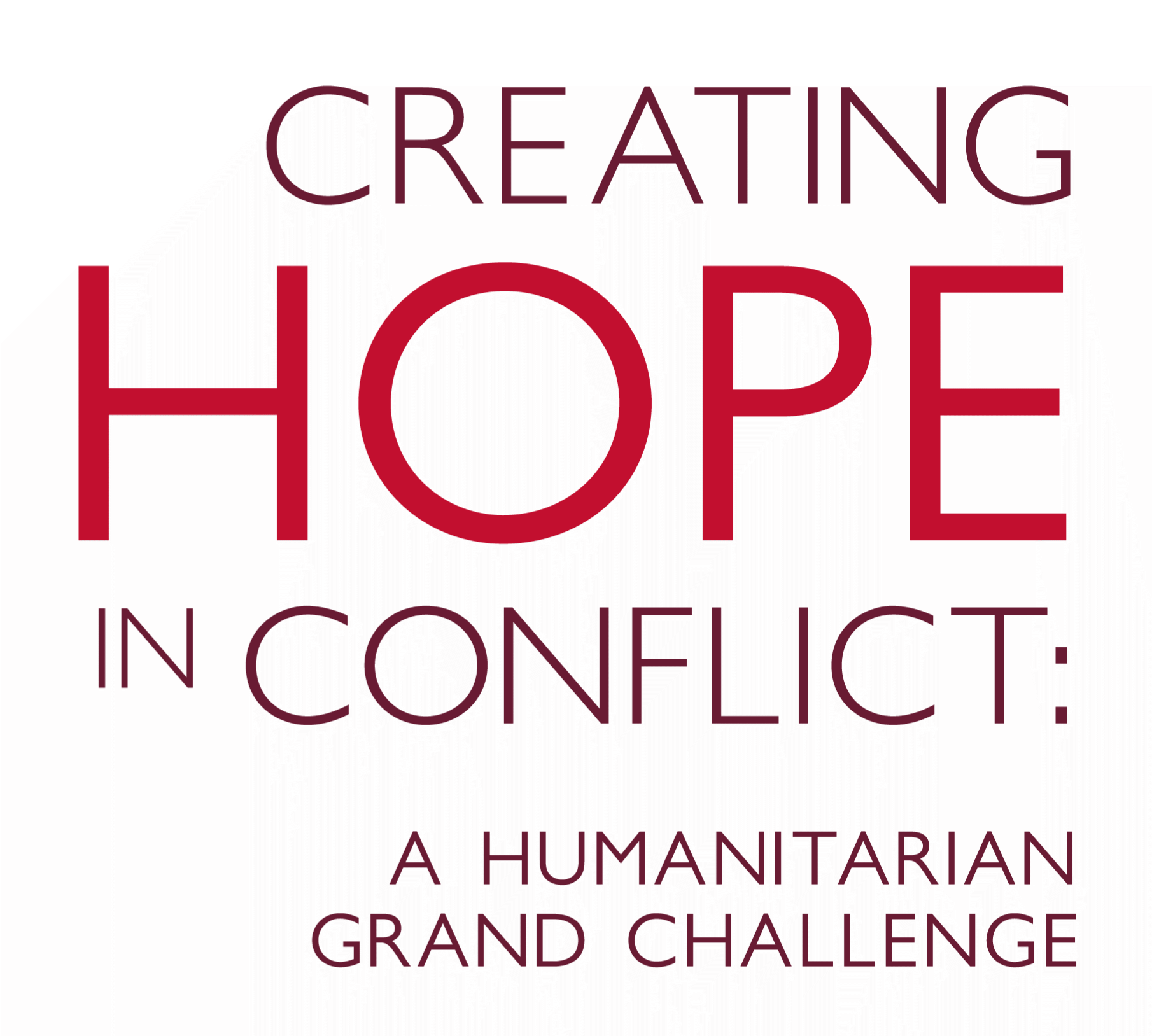The global COVID-19 pandemic has touched every one of our lives in nearly every way, as countries around the world went into lockdown and restricted movement to try to contain or eliminate the rapid spread of the virus. Yet, as people started their isolation, global numbers of violence against women and girls, particularly domestic violence, rose. In Jordan, reports of domestic violence rose by 30%.
This parallel pandemic, the pandemic of violence against women, is not new. But the COVID-19 pandemic has intensified the violence. Creating Hope in Conflict: a Humanitarian Grand Challenge has joined ActionAid to develop a chatbot that provides Syrian refugee women in Jordan with the essential information, resources, and tools they need to combat violence and seek support. As we mark the annual 16 Days of Activism against Gender-based Violence (25 November – 10 December), we highlight this bold innovation, designed for and by women, to transform and improve essential services and responses.
Women and girls experience violence, harassment and discrimination, simply because of their gender. For most, lack of information or access to information is a major barrier to their understanding their rights, access to services, treatment, and supports. Without access to the essential life-saving information needed, many women are trapped without key resources.

With support from the Humanitarian Grand Challenge, ActionAidUK and ActionAid Arab Region with their partners the Arab Women Organization (AWO) and Orange, have developed a women-designed low-cost mobile platform chatbot to target the most at-risk Syrian refugee women and girls. This mobile platform will enable the provision of vital and up-to-date information and awareness on rights, local services, women safe spaces and access to sensitive and confidential gender-based violence referrals. Where information services are largely provided within refugee camp contexts, an estimated 80% of the roughly 655,000 Syrian refugees in Jordan reside in host communities. This leaves hundreds of thousands of women without key service information and without the resources or supports they need to stay safe. The chatbot platform will have the functionality to report incidents and map risks in urban areas in partnership with Women’s Protection Action Groups comprising both Jordanian and Syrian women of all ages.
“To us women, safety means having comfort, freedom, happiness and knowing your rights and self-esteem.”
Syrian woman, Mafraq, Jordan.

In a humanitarian system where services and products for women affected by the crisis are often delivered in a top-down approach, the user-led design process will ensure women identify their own needs and priorities and design a solution that is tailored to these – ensuring the relevance and ownership of the solution.
The chatbot will allow women to access information by SMS and voice recording and direct calls to key services. The confidentiality and proximity of the mobile handset removes the challenging social and cultural barriers.
To empower women, we must ensure they have access to all basic information services. Living as a refugee comes with many uncertainties – where to seek help to protect oneself from gender-based violence should not be another challenge for already-vulnerable women. We’re proud to support an innovation where women have access to information and knowledge of how to access protection and information services during any crisis.
